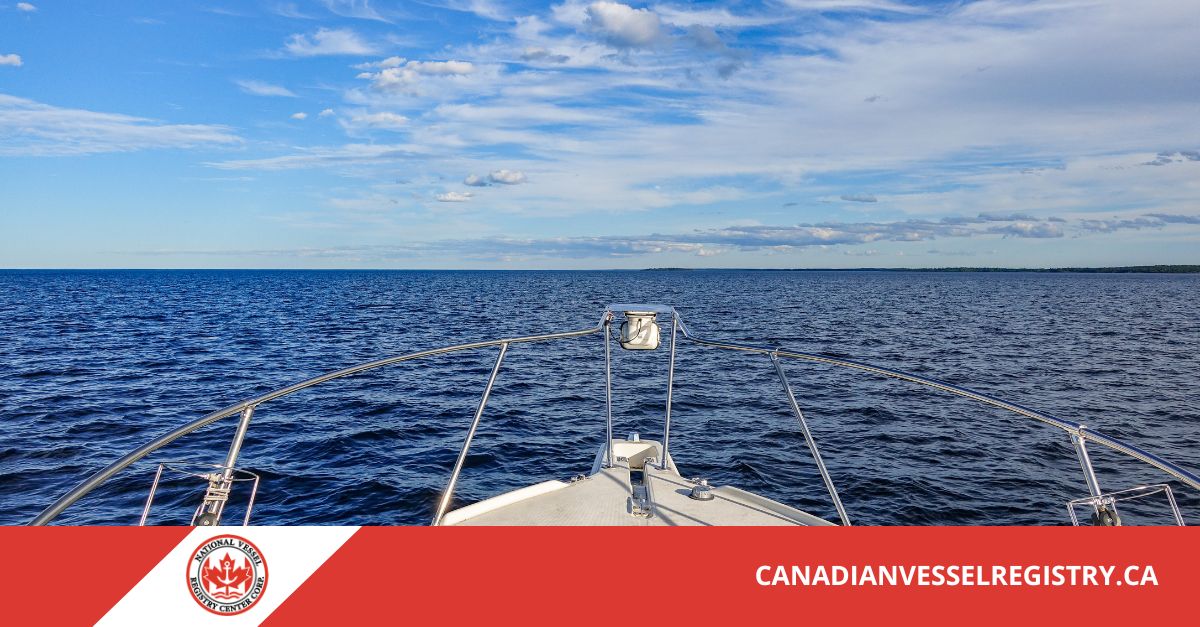If you live in Canada, you already know why boating is a popular pastime. With Canada’s beautiful scenery, you can’t help but get addicted to boating activities. However, before you embark on a journey, you need to make sure you meet the country’s boat regulations and take care of your boat license in BC and its requirements.
Requirements for Licensing
If you own a pleasure craft that has a 10-horsepower (7.5 kW) engine, you need to get licensed. In return, you’ll receive a number that must be displayed on each side of the boat’s bow above the water line. The number should be clearly visible and must be painted or applied with sturdy vinyl decal cut-outs.
Use Arabic numbers that are, preferably, at least 4 inches high and space them so they’re easy to read. You’ll also need to keep your paperwork and number onboard your watercraft at all times.
Boat License in BC and Pleasure Craft Regulations in Canada
Boat licensing, along with the pleasure craft regulations established by Transport Canada, play a major role in ensuring safe boating in Canada. Here are some reasons why compliance is important when it comes to operating a boat on Canada’s waterways.
Safety: A primary goal of licensing is to promote safety on the water. By maintaining a license, a boater supports their safety and the safety of others in an emergency. Again, each licensee receives a number so they can be found in case they get lost or they’re involved in an accident.
This allows a search-and-rescue team to find a boater in an emergency event. Also, if your boat is stolen, a number offers a point of reference. Boaters who remain compliant also are more cognizant of certain precautions, such as carrying the proper equipment or what they must do to maintain their vessel to keep it safe.
Environmental Protection: Understanding and adhering to boating regulations helps protect Canada’s precious aquatic ecosystems. Licensed boaters are also expected to follow best practices for keeping animals and wildlife areas safeguarded and clean.
Legal Compliance: Operating a vessel without a valid boat license can result in fines or other penalties. Ensuring you have the necessary license demonstrates your commitment to following Canada’s law while enjoying your favorite water activities.
Obtaining a Pleasure Craft Operator Card (PCOC)
Sometimes a boat license is confused with a pleasure craft operator card (PCOC). However, the two documents are distinctly different. A PCOC is used to show that you have studied the required and approved coursework to navigate your pleasure craft. This card never expires.
A boat license, on the other hand, can be compared to a license plate you display on a car. You can get the license online through the Canadian Vessel Registry. You’ll need to show that you are the owner of the boat with a bill of sale. The license must be renewed every 10 years.
A Boating Registration Versus Licensing
If you plan to travel international waters, you’ll need to register your boat, as doing so will give you easier access to marinas and popular docking sites. You can also name your boat, feature the port of entry, and fly the Canadian flag.
Just like a license, registration requires that you own a boat with an engine that is at least 10 horsepower or 7.5 kW. You must register your boat, as well, if you plan to finance your vessel. Taking out a boat loan requires registration. Whether you register your boat or apply for a license, the activity is meant to identify your boat and its owner in case of an accident, theft, or similar event.
Apply for Boat Licensing Now
If you own a pleasure craft that requires boat licensing, you can easily apply for your license number on the Canadian Vessel Registry. Boats without licenses are subject to a hefty fine. That’s why licensing is a big deal. To remain compliant and safe, you need to make getting a license a priority.

